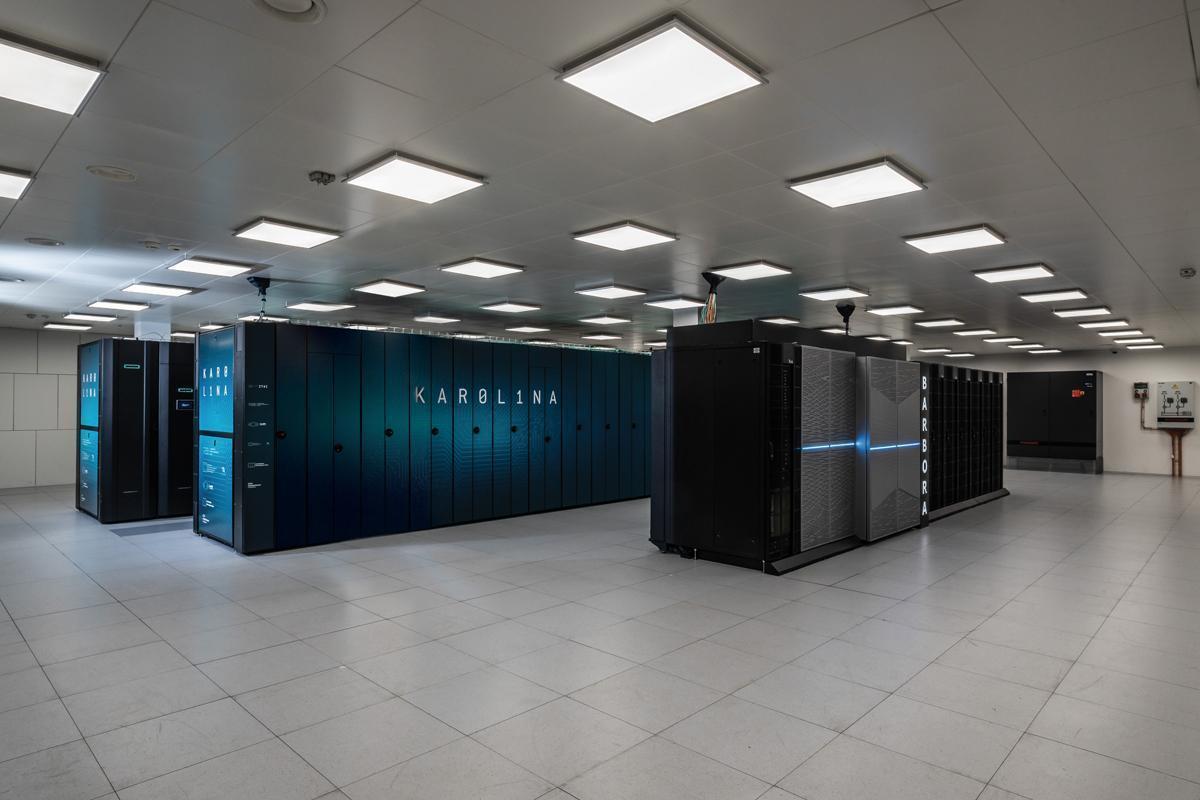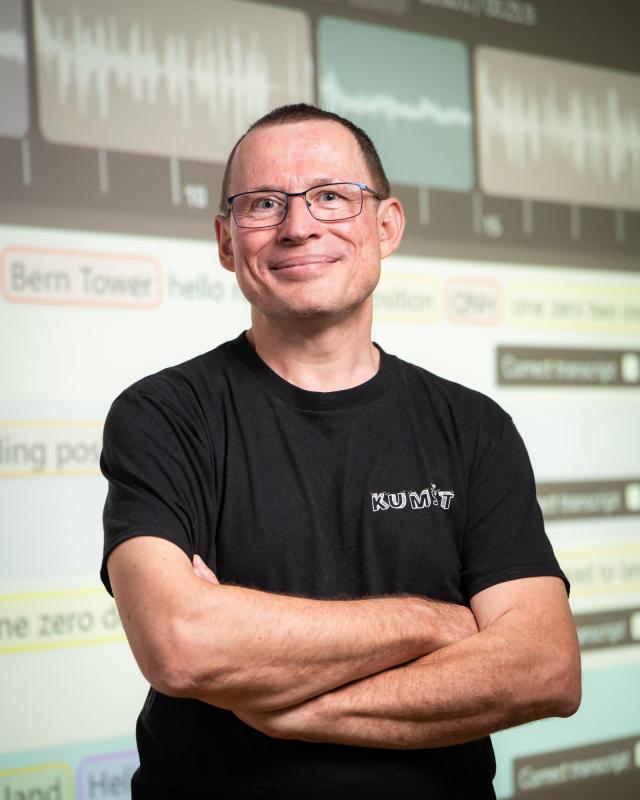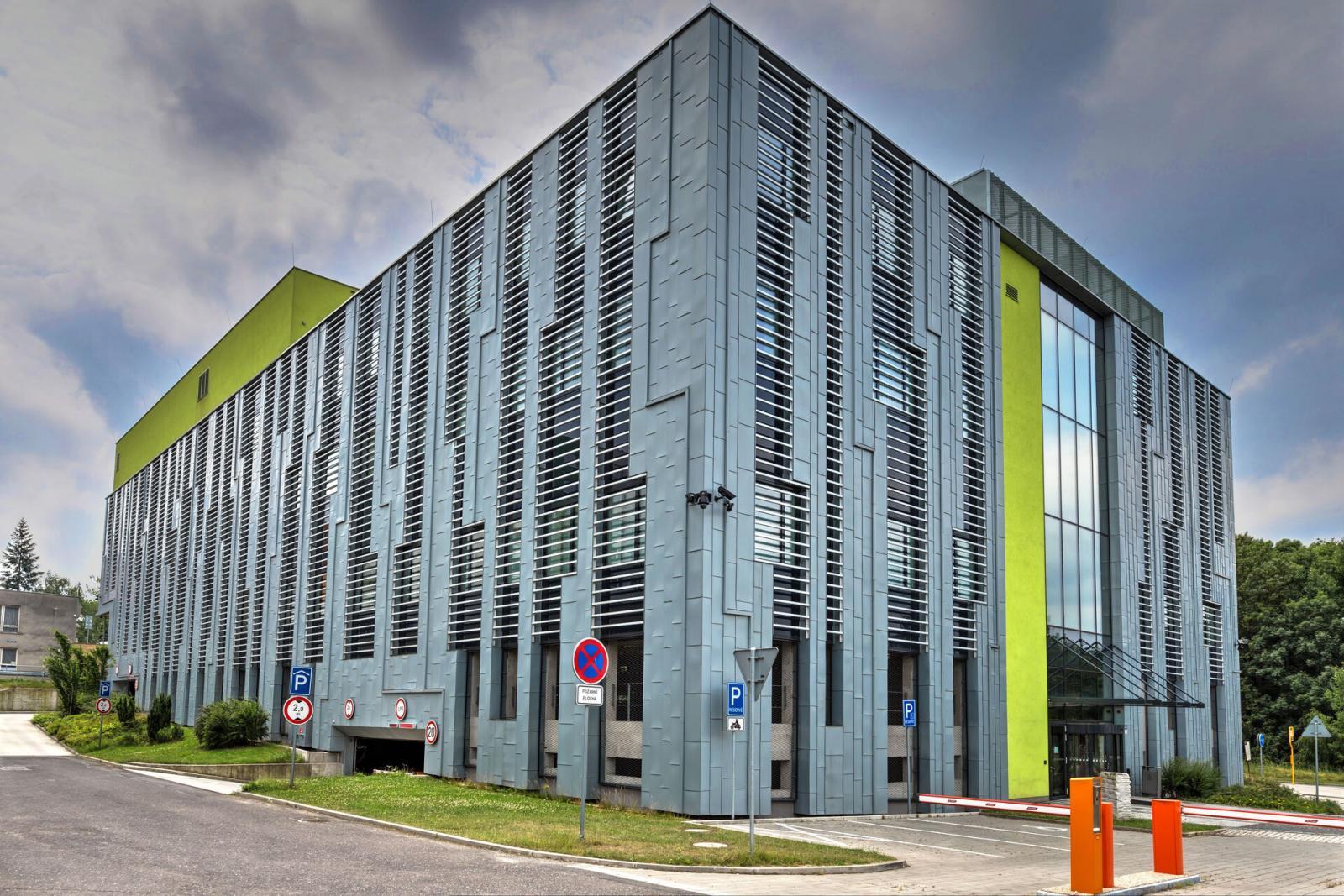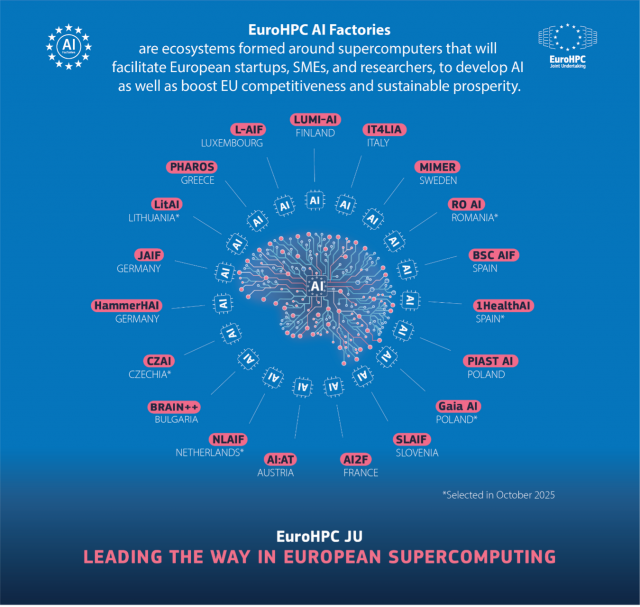BRNO UNIVERSITY OF TECHNOLOGY
Antonínská 548/1, 601 90 Brno
Czech Republic
phone numbers list
e-mail: vut@vutbr.cz
international@vutbr.cz
http://www.vutbr.cz/en



The European Commission has announced the results of the EuroHPC European supercomputing initiative call for proposals. Among the successful applicants is the Czech Republic, specifically a consortium of six partners including the Brno University of Technology. Over the next three years, a new supercomputer called KarolAIna will be installed at the IT4Innovations National Supercomputing Center in Ostrava. As part of the Czech AI Factory (CZAI) project, it will be complemented by a package of services provided by consortium experts, including consulting, models, and algorithms. The resulting infrastructure will serve a wide range of users, including industry, public administration, research teams, and start-ups. The Brno University of Technology also has a significant share in this investment in the future of the Czech Republic.

The KarolAIna supercomputer will become the flagship of the Czech Republic's AI infrastructure. It will be fully dedicated to research, development, and services in the field of artificial intelligence. It will form the basis of the "artificial intelligence factory," the Czech AI Factory project, which will help deploy artificial intelligence tools in companies, the public sector, and research. The CZAI consortium is led by VSB – Technical University of Ostrava in cooperation with the Brno University of Technology, the Czech Technical University in Prague, the International Neurodegenerative Disorders Research Center, Charles University, and the Institute of Organic Chemistry and Biochemistry of the Czech Academy of Sciences. Experts from these institutions will support the introduction of AI in industry, particularly its integration into manufacturing, the use of digital twins, and robotics. In healthcare and the natural sciences, they will focus on drug development and molecular design. The energy sector will gain tools for prediction, flow optimization, and diagnostics, which will accelerate the transition to sustainable systems. Public administration will use AI to streamline processes and online services. Another area is transportation, where AI will support autonomous vehicles and smart infrastructure.

The basis of the project is, of course, AI computing and services, which are being developed both at the aforementioned Faculty of Information Technology at BUT and at the Faculty of Civil Engineering (FAST BUT) and the Central European Institute of Technology (CEITEC) at the same university. Professor Pavel Václavek from CEITEC describes the collaboration on the project as follows: "Within the CZAI project, CEITEC will contribute in the area of AI tools for monitoring and diagnosing industrial systems, drives, and machines in order to ensure their greater reliability and reduce maintenance costs. The dominant feature will be the use of high-performance computing for these tasks, whether on the supercomputer operated by IT4I or CEITEC's own NVIDIA DGX computing cluster." Participation in the project is thus a logical outcome of research that has been ongoing for many years at CEITEC and other parts of BUT.
The Faculty of Civil Engineering at BUT is building on its experience with the use of artificial intelligence methods in the field of materials research, crisis management, and construction economics. According to Associate Professor Tomáš Apeltauer from this faculty, the project's contribution lies in the development of tools for the automated analysis of project documentation and the associated rapid increase in the productivity of designers when creating technical reports, assessments, and other outputs that are a common part of engineering practice. The goal is to connect these applications with a new generation of models based on specialized agents that will enable effective collaboration between humans and artificial intelligence on construction projects. "Such a connection paves the way for intelligent construction process management systems, automated assessment of project compliance with legislative requirements, and the development of digital twins of buildings," Apeltauer summarizes the benefits.

The total cost of the Czech AI Factory is nearly CZK 1 billion, half of which is covered by the European initiative EuroHPC JU and 50 % by the Czech Republic. Roughly half of the funds will go toward the purchase and operation of the KarolAIna supercomputer. KarolAIna's technical specifications are impressive: the supercomputer will be built on approximately 340 state-of-the-art AI chips with a total performance of 850 PFlop/s (number of floating point operations per second) in standard AI operations. The remaining funds will cover the provision of services to clients. Two AI campuses will also be established within the CZAI, in Prague and Brno. These student contact points will be designed to support young talented professionals.

In summary, CZAI Factory provides the Czech Republic with a full-fledged center for research, development, and applications of artificial intelligence. By combining advanced infrastructure, expert services, a secure data environment, and coordinated training, the project aims to accelerate the responsible implementation of artificial intelligence and promote innovation, economic growth, and social benefits. The result will be increased international credibility and a stronger chance of one of the European AI GigaFactories being located in Czechia.
Text was published as press release.
Published: 2025-10-20 13:03
Short URL: https://www.vut.cz/en/old/f19528/d306824
BRNO UNIVERSITY OF TECHNOLOGY
Antonínská 548/1, 601 90 Brno
Czech Republic
phone numbers list
e-mail: vut@vutbr.cz
international@vutbr.cz
http://www.vutbr.cz/en


